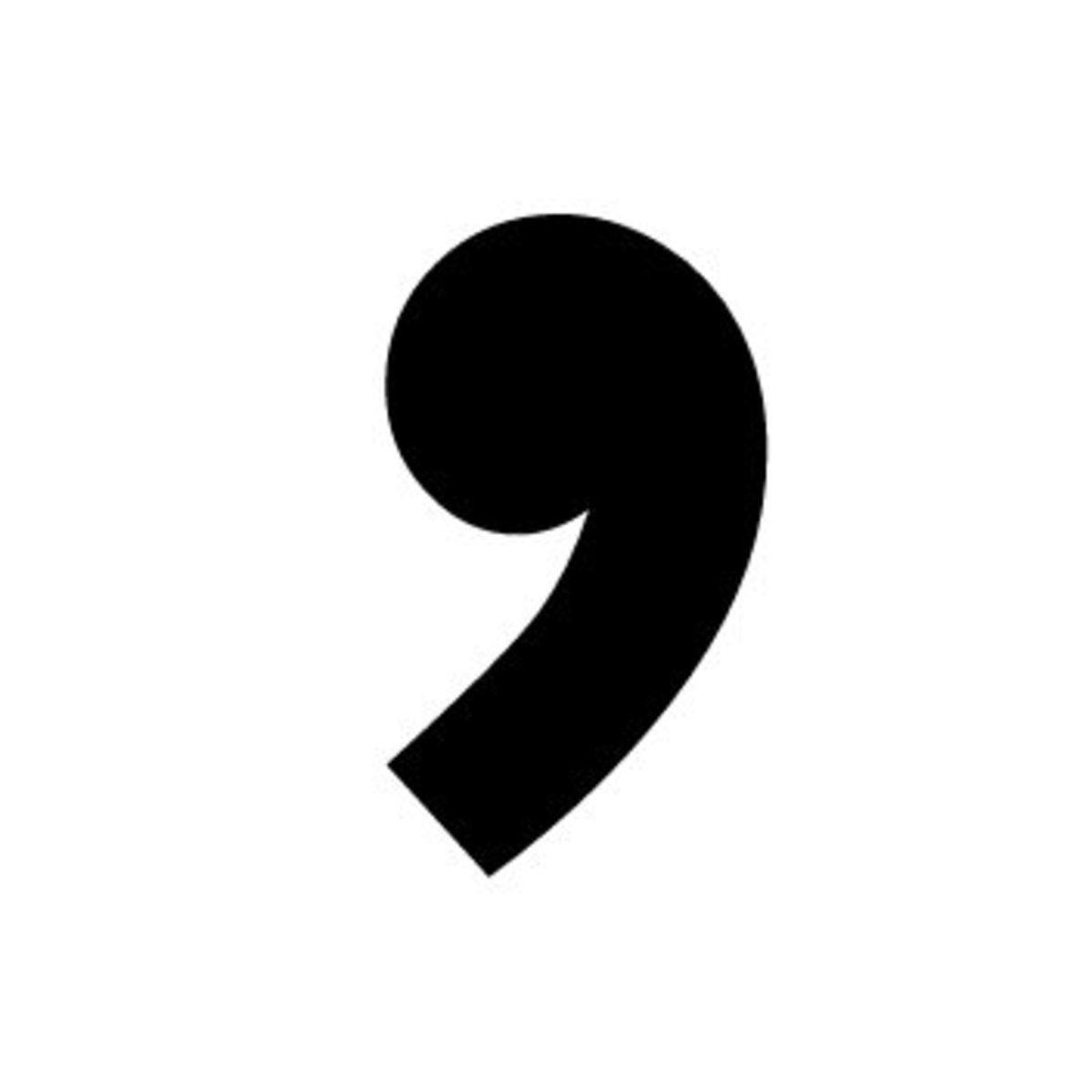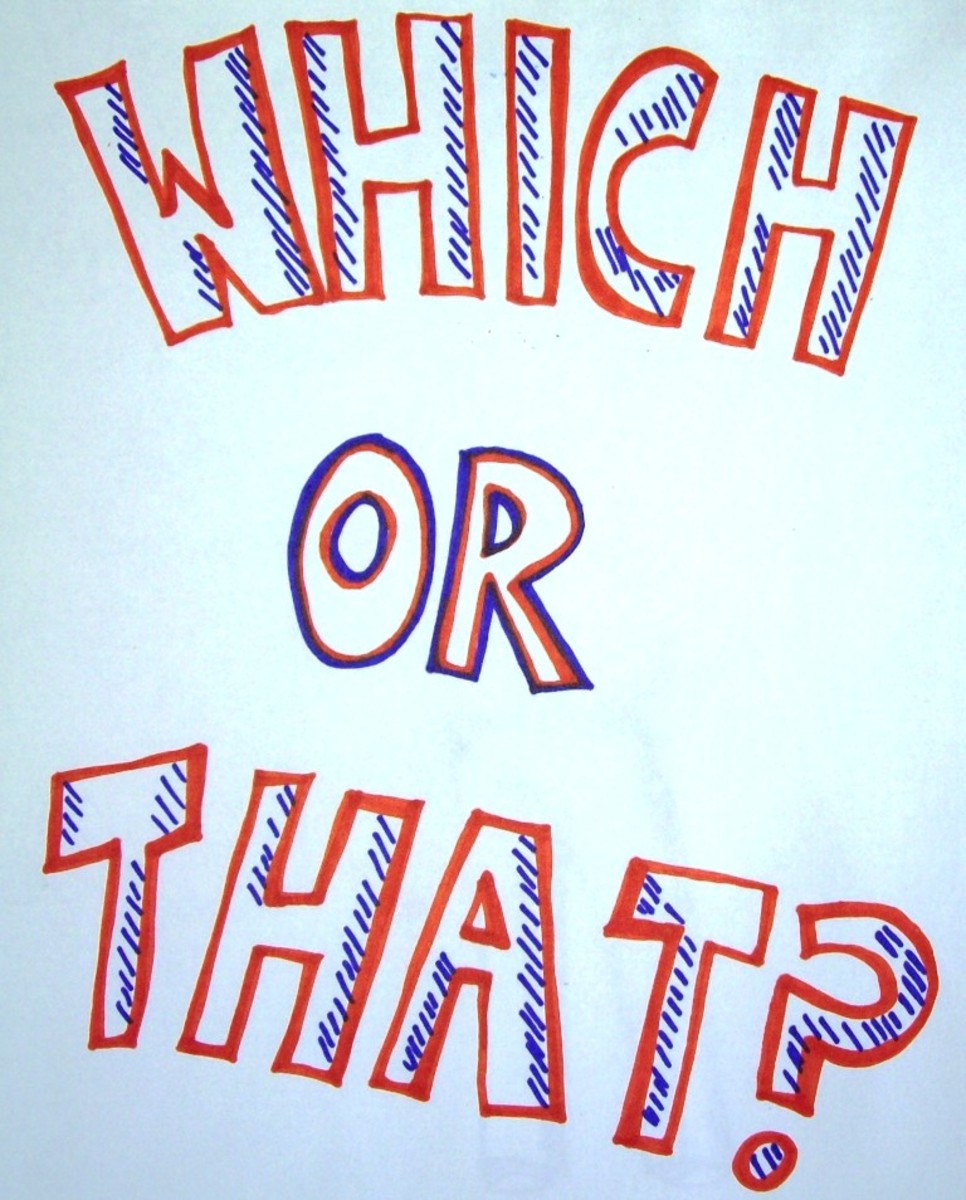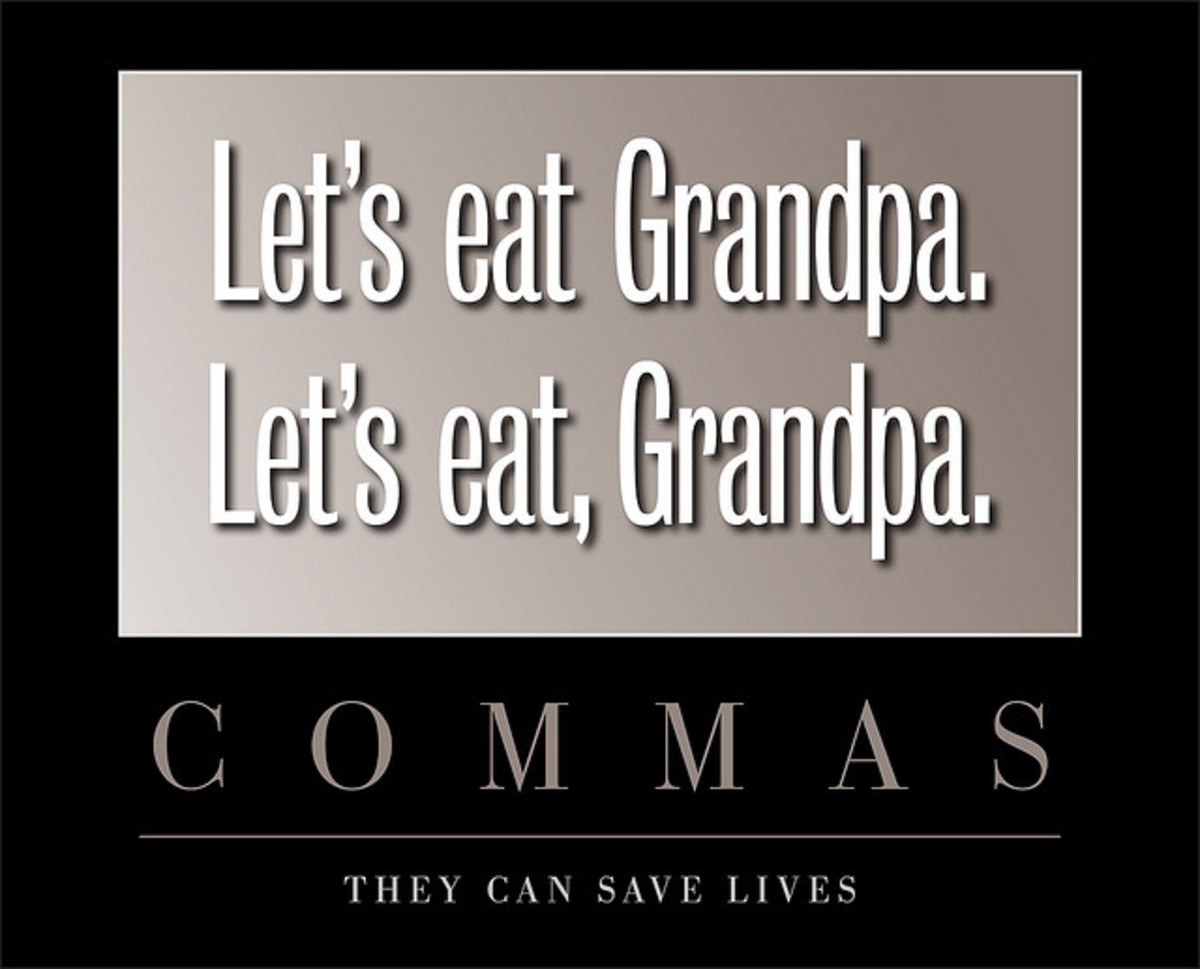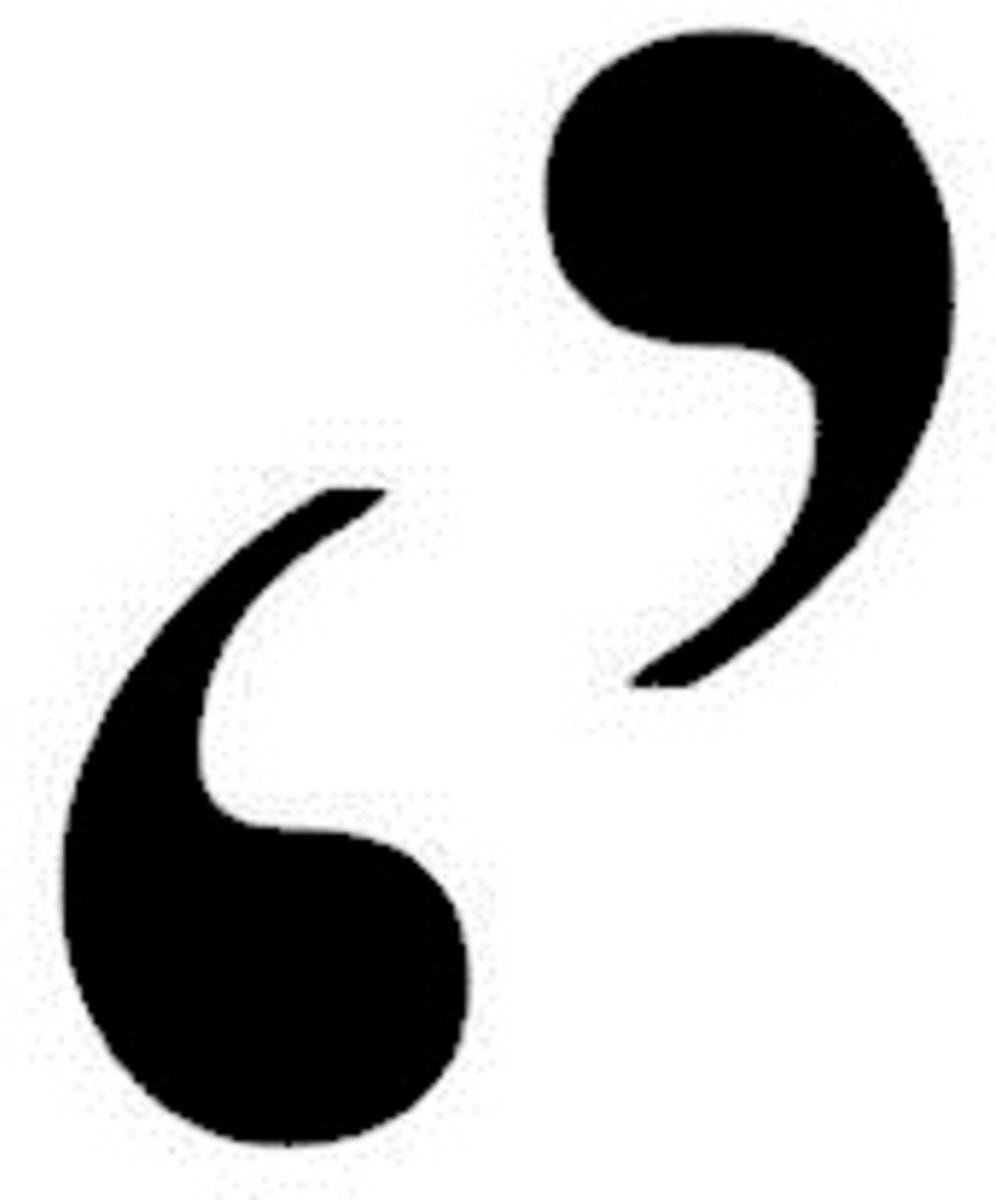- HubPages»
- Books, Literature, and Writing»
- Commercial & Creative Writing»
- Word Usage & Grammar
Feel Superior By Avoiding These 4 Common Grammar Mistakes

Want to make others feel inferior? Long to crush your neighbors with your pretentious assery? Great! Just avoid the grammatical mistakes listed below and you'll accomplish this goal before you know it.
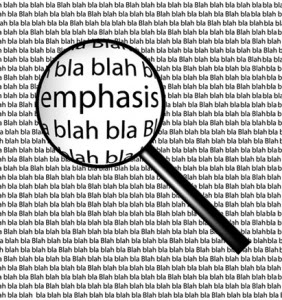
Parenthesis vs. Dash
Parentheses and dashes are designed to set off information. They are not, however, interchangeable. They provide different tones to a sentence and influence the way people read it.
Dashes are for one thing only—dramatic emphasis! They set off information with a flourish, breaking the temporary flow of the sentence and creating a forceful halt. Parentheses (see what I did there?) are more of an afterthought. They provide explanatory information that isn’t crucial to the meaning of your sentence.
Of course, it isn’t exactly incorrect to use parentheses if you want to convey dramatic information in the middle of your sentence (my nephew turned into a mutant monkey this week), but just know that if you do, your sentence may not read the way you want it to.


En vs. Em
Because the English language exists solely to be a huge pain in the butt crack, it has actually conceived of not one, not two, but three different types of dashes. And unfortunately, some of you may be doomed to perpetual grammatical incorrectness when it comes to making these dashes, because the ability to create them depends on the capabilities of your word processor.
An “en” dash (which can also be written with two hyphens, like this --) is used in a number range. For example, you would say: “The cat that I strangled with my bare hands was 10--12 years old.” You can also use en dashes in month ranges. As long as you’re using it in a range, you’re on the right track.
An em dash, on the other hand, is the dash that you see most often —for dramatic emphasis! If your processor doesn’t create the em dash automatically for you, you can create one manually by typing a hyphen sign four times (----).
Next we have the hyphen, which is such a pain in the ass that it gets its own category:
The Hyphen
A hyphen is used to combine two different words that are being used to modify a single noun. For instance, I might say: “This cost-effective account saved me crap loads of dough last year.” But I wouldn’t use the hyphen if these two words were not being used as a compound modifier: “This account that saved me crap loads of dough last year was cost effective.”
Many people mix up hyphens with em and en dashes. I don’t know if this is because they have soda cans for brains, or if their word processor simply sucks hard eggs. Just remember: hyphens combine into a single description words that are single words in and of themselves. Get it? Of course. Why wouldn't you? It's so easy to understand, after all.
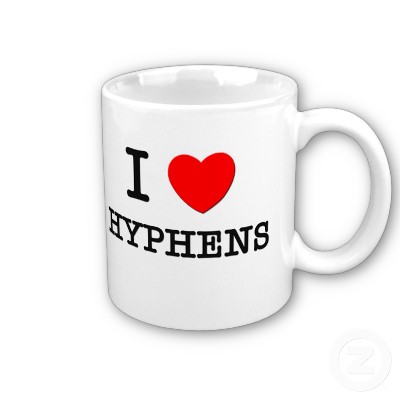

Commas
Commas love you, cheat on you with the metaphor down the street, and then leave you with shreds of incomprehensible sentences. But don’t worry: once we understand them, we can gain dominance and show them who wears the pants in this relationship.
Contrary to popular opinion, you actually don’t always put a comma where there is a natural “pause” in the sentence. A comma separates non-essential phrases or provides extra or explanatory information that could be removed without changing the meaning of a sentence.
For example, I would say: “Mrs. Bob, the huge fat woman next door, makes marvelously delicious oatmeal cookies.” I’ve set off the unflattering description of Mrs. Bob with commas because I can remove it without changing the meaning of my sentence, which is to convey that Mrs. Bob makes bitchin’ oatmeal cookies. Sometimes this general rule can get confusing, especially when you have a longer sentence, but just try breaking it up before deciding whether or not the commas are inserted correctly.
Fun tip: “which” is usually always before non-essential clauses, while “that” is before essential. I.e., “Mrs. Bob set the box on fire, which was very unpleasant,” could use a comma, whereas “Mrs. Bob set the box that contained my drug stash on fire” could get away without one.
Go forth and make grammarians of all nations
I now release you into the world! Equipped with these little tidbits, you can now navigate the sticky mires of grammatical construction and make your friends feel bad about themselves. Go get ‘em, tiger.

